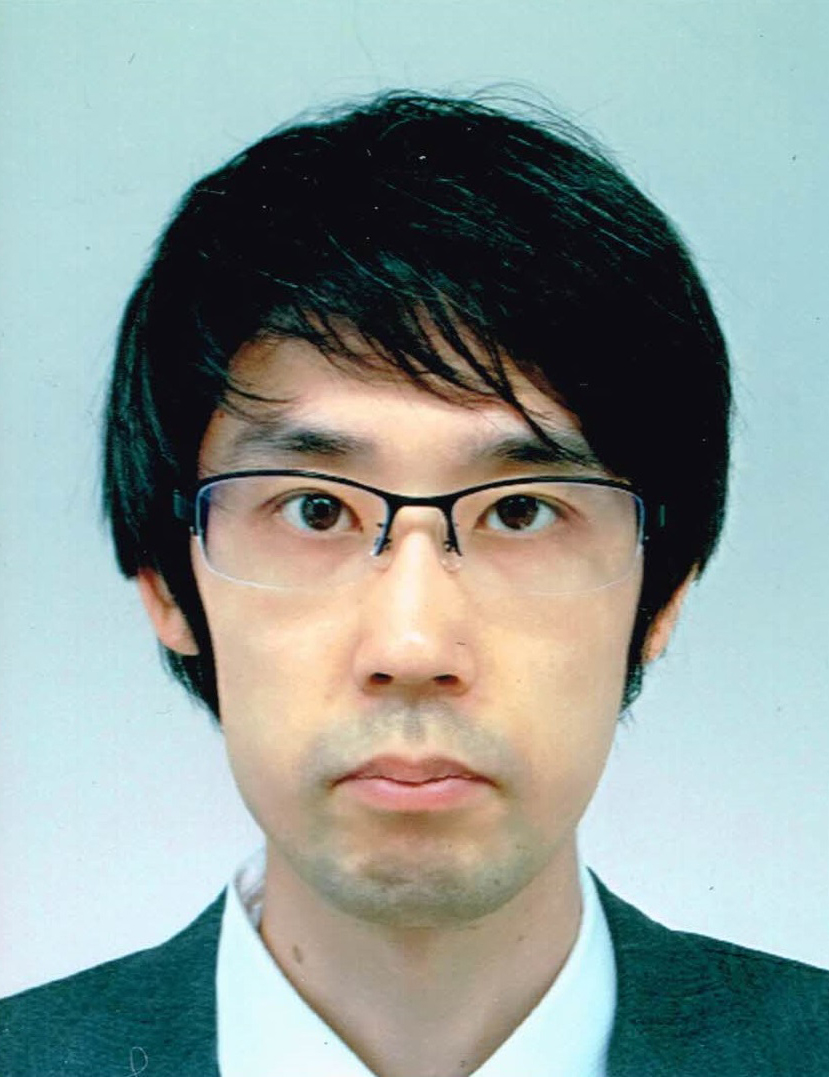Best Paper Award
Proximal Decoding for LDPC Codes[IEICE TRANS. FUNDAMENTALS, VOL.E106–A, NO.3 MARCH 2023]


The decoding problem in communication channels can be regarded as a kind of combinatorial optimization problem. However, it is generally a hard problem to solve in computational complexity, and approximate solutions based on knowledge obtained in the field of optimization have been attracting attention in recent years.
In this paper, a new optimization-based decoding algorithm for LDPC codes based on the proximity gradient method, which is a mathematical optimization technique with a wide range of applications, is proposed. The proposed algorithm, called Proximal decoding, can be written as a simple recursive expression consisting of a gradient descent step for the negative log-likelihood function corresponding to the conditional probability density function of a channel and a proximal step based on the code proximal operator. As a regularizer in the approximate MAP objective function, a code-constraint polynomial is introduced to penalize vectors far from a codeword, and naturally deriving the code proximal operator from the code-constraint polynomial is discussed.
Furthermore, for several nontrivial channel models, such as the LDPC-coded massive MIMO channel, correlated Gaussian noise channel, and nonlinear vector channel, the authors show the derivation process of the recursion formula based on the principle of the proposed decoding method. It is shown experimentally that it has an excellent trade-off between decoding performance and complexity. The simplicity of the principle of the proposed decoding method naturally gives variants of the decoding method for variations of nontrivial communication channels, indicating the possibility of wide application in the future.
The major contribution of this paper is that by applying some of the ideas and techniques developed in the fields of machine learning and sparse signal regeneration to the decoding problem in communication channels it has been shown that decoding methods for various communication channels can be constructed with a coherent approach. Furthermore, the derived decoding method has an excellent trade-off between decoding performance and complexity, and is expected to be developed in the future. For the above reasons, the paper is worthy of this award.